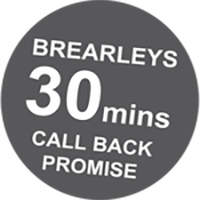Lease Extensions
Increasing numbers of properties, and in particular flats are built and sold on a leasehold basis as opposed to freehold or commonhold. With a Leasehold property, you are actually buying the rights to live in a property for a period of time set by the lease. Most flat leases tend to be for 99 years or 125 however some houses are sold on a 999 year lease. This may seem like a lengthy period of time, however it may be wise to consider extending the lease term sooner rather than later. There are cost implications: as the lease becomes shorter the cost of extending the lease become greater and the freeholder (the person who owns the property and the land the property has been built upon) is entitled to a share of the increase in the value of the flat should the lease be extended.
The right to request a lease extension generally arises once you the property has been owned for two years. Despite this, you wish to consider extending the term if it has less than 70/80 years left to run. If you are planning on selling your leasehold property, extending the lease will make a difference to the sale value and Brearleys can assist you in doing this prior to placing your property on the market. If you intend to purchase a leasehold property you should look carefully at the length of the lease remaining and seek the advice of a solicitor regarding the costs of extension to ensure a sound investment. Most mortgage lenders will require that the remaining lease term is of a minimum length before they will lend money on a property therefore by extending your lease, you are making the property more attractive to lenders
You can extend your lease by negotiations directly with the freeholder of the property or by meeting the criteria set out in the Leasehold Reform Act 1967 (for houses) or the Leasehold Reform Housing & Urban Development Act 1993 (for flats). Whichever method you opt for, our property team would be happy to assist.








